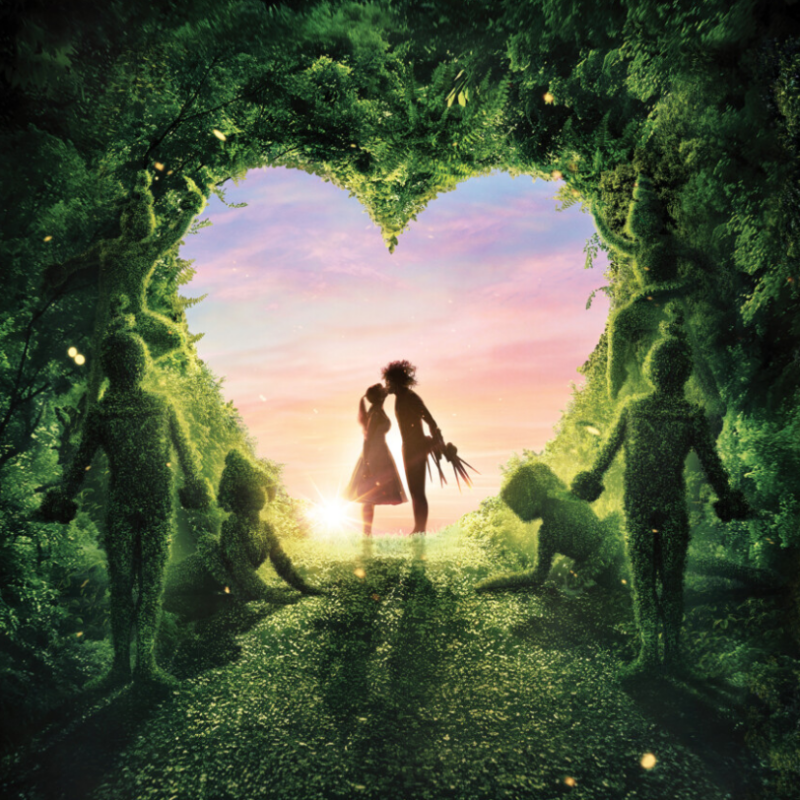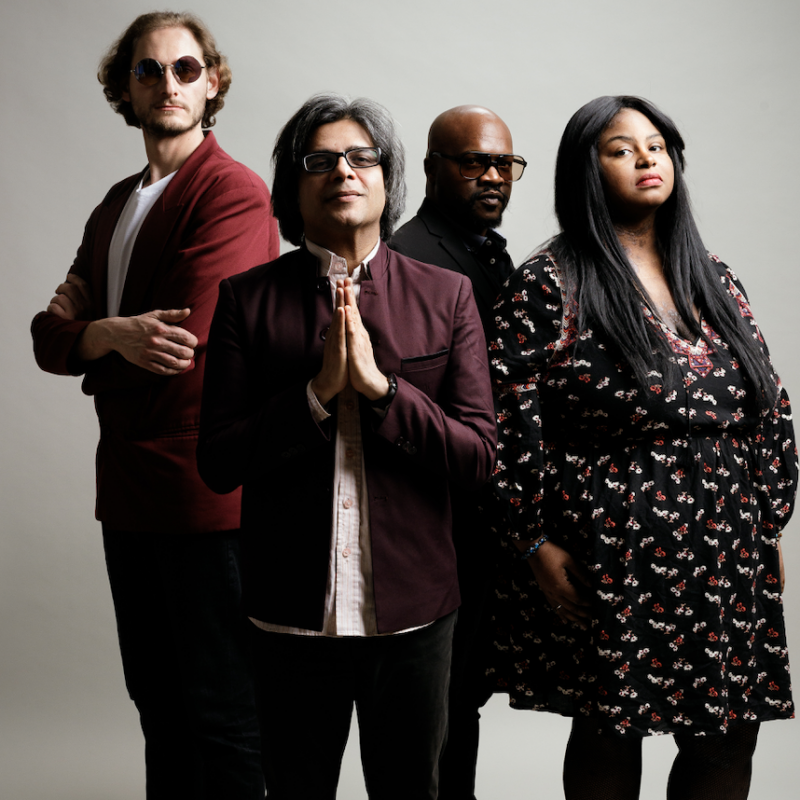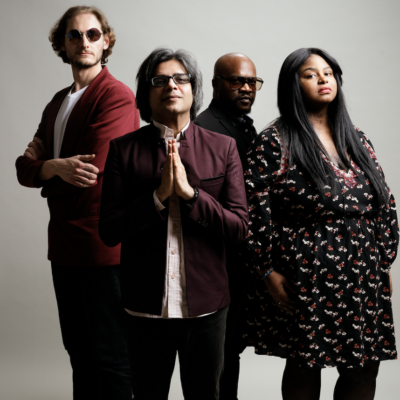In 1965, amid the notorious counter-cultural hub of San Francisco’s Haight-Ashbury district, began what would prove to be one of the most influential experiments in rock history: Jefferson Airplane. As headliners of those now legendary festivals—Woodstock, Altamont, Monterey Pop and Isle of Wight—like the roaring sound of the zeitgeist itself, the music of the Airplane epitomized the rebellious and revolutionary energy of a generation.
Now, in tribute of a half-century, Jefferson Airplane founding fathers and current Hot Tuna members Jorma Kaukonen and Jack Casady are hosting an exclusive, once-in-a-lifetime anniversary set at the Lockn’ Music Festival on September 11. Abetted by many a musical compadre and conspirator, the longtime bandmates will perform a newly arranged selection of songs from Jefferson Airplane’s psychedelic canon.
C-VILLE Weekly talked with Kaukonen and Casady by phone in anticipation of another historic gig.
C-VILLE: Talk about the 50th anniversary set you guys are putting on at Lockn. What’s it all about?
Jorma Kaukonen: Obviously, with the 50th, what most people would like to see is a reunion with the full-on Airplane, and that’s not gonna happen. But I honor my friendship with these people, and when we got an offer to do the celebrate-the-music-of gig, Jack and I really gave it some thought. What we most wanted to avoid was being a cover band of our own stuff. Thus, the idea became: Let’s do some Airplane songs in a fresh and 2015 kind of way. Because we wanted to keep people from comparing, we made decisions based on that criteria.
For instance, for Grace’s parts, we chose Rachael Price [of Lake Street Dive], because she’s basically a jazz singer, and wouldn’t that be something different? Her takes on Grace’s songs are really going to be cool.
Jack Casady: It’s unusual because it’s not something we’d of come up with on our own. But it got us excited to revamp the old material. I had some shows in Hawaii, and—get this—we actually rehearsed some Airplane songs. It was a lot of fun, going over songs we hadn’t played for 50 years. Afterward, I actually gave Grace [Slick] a call—we both live in L.A., and despite what some people think, we keep in touch. Anyway, we had about an hour-long conversation, heavy on the nostalgia.
But, nostalgia aside, I think that the collaborations are going to be really, really cool. We’ve got Bill Kreutzmann [the Grateful Dead] slated to come out and play with us, which hasn’t happened for a long time, and the other players are going to be a treat as well.
Could you describe what you each feel to be the legacy of the Airplane?
JK: One of the most important legacies is that really indelible spirit, creatively speaking, that the Airplane always had. We were really a daring band in a lot of ways. We were absolutely unafraid to take chances. We had “White Rabbit” and “Somebody to Love,” which got us into the Rock and Roll Hall of Fame…all our other albums after Surrealistic Pillow didn’t have radio hits because they were just too damn long.
Furthermore I think that, at the peak of our playing career, the best stuff was what we played live. It was absolutely the product of the moment, impossible to replicate and therefore something that was utterly unique.
JC: I’ll second the motion and leave it at that.
Jorma, you’re turning 75 this year, and Jack, you are 71. Care to look back on your career from the esteemed vantage of longevity?
JC: I think, luckily, as a younger man, I never saw myself in only the world of rock ‘n’ roll—I never thought in terms of the death-defying burnout that comes with that territory. When I started playing at 13, all my heroes—mostly jazz and classical musicians—as they matured, their craft improved.
I always hoped that I would continue to learn and work on the craft. And that’s stayed with me. It’s always been in the back of my mind, so I never chose to work on the kind of material that would have a short life. You know, songs about teenage trysts and ‘bad love’ breakups. [Joyous cackling.]
JK: When you’re young and find yourself living the whole rock star life, you just can’t imagine it will ever end. But then, inevitably, it does. And if you’re lucky you can maintain relevance and, instead of being forgotten, become venerable. I think that’s been the goal.
Otherwise, without getting into some cliché drug-or-drunk version of my life, what always saved me was the music—the steadfast commitment to the art. So often I get asked the question: What’s your most important contribution? And, other than passing a love of music on to my children (they’re both musicians), I’m really happy to have been able to have the privilege of being a kind of musical gatekeeper, to have played a part in making people aware of some portion of the really great stuff that’s out there—like, for instance, the Reverend Gary Davis. I really cherish the ability to play a part in that unbroken chain.
–Eric J. Wallace





